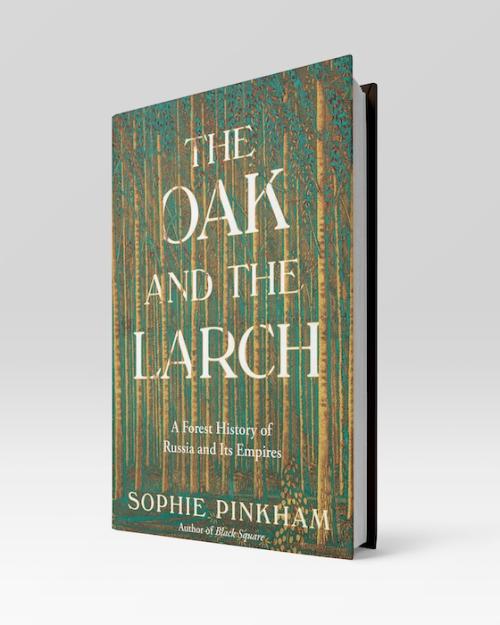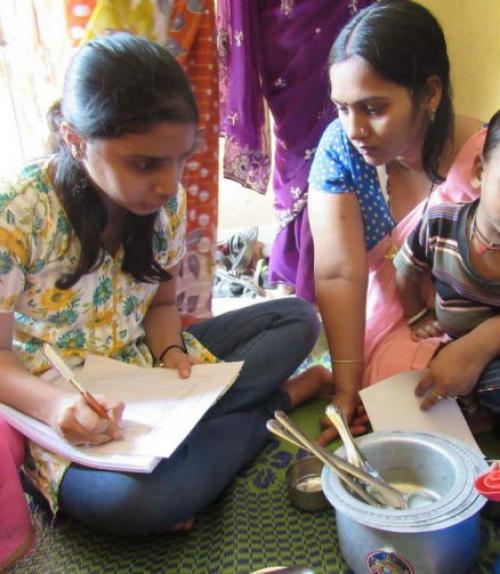When Saurabh Mehta started working as a physician in India, he concentrated on treating sick patients. Now he takes a broader approach to such infectious diseases as tuberculosis and HIV.
In places with limited resources, he says, the best way to save lives is to focus on risk factors that affect large numbers of people – especially risk factors we can change, like nutrition. That understanding has led him into fields ranging from plant breeding to high-tech diagnostics, and from meetings of the World Health Organization to kitchens in the slums of Mumbai.
“We need to keep a close finger on the pulse of the community,” he says.
Mehta (nutrition sciences) is one of the inaugural class of international faculty fellows. The program – a centerpiece of the Global Cornell initiative – supports Cornell faculty’s international engagement. Mehta, Andrea Bachner (comparative literature) and Daniel Selva (mechanical and aerospace engineering) completed their three-year fellowships this summer.
The fellows receive research funding and contribute to interdisciplinary collaboration through their colleges and the Mario Einaudi Center for International Studies. The Einaudi Center has appointed 10 fellows since the program launched in 2014.
Hirokazu Miyazaki, director of the Einaudi Center, says the fellowship program is a testament to the center’s commitment to cross-college collaboration.
“Our first group of fellows has enhanced the visibility of area studies programs and brought new energy to international initiatives across Cornell’s colleges and schools,” he says. “Their research and outreach are a vital part of Global Cornell’s promise to bring Cornell to the world.”
Bachner investigates cultural differences and common ground in Chinese language, Latin American and European literature, film and popular culture. During her fellowship, she looked at world writing systems and practices of inscription – from tattooing to vinyl record grooves to the printed page – to show how they shape contemporary thought and politics.
Bachner’s new book, “The Mark of Theory: Inscriptive Figures, Poststructuralist Prehistories,” will be published in December.
Systems engineer Selva creates miniature satellites that can predict extreme weather, bring internet access to developing countries or help farmers decide how much water and fertilizer to put on their crops. He also develops intelligent decision-support tools to help engineers design these space systems.
Selva leads a summer program, launched in 2015 and supported by the Einaudi Center and Cornell Institute for European Studies, that sends engineering undergraduates to intern in the nanosatellite lab at Universitat Politècnica de Catalunya in Barcelona, Spain.
“My time as an international faculty fellow has allowed me to see the effectiveness of a bottom-up approach to internationalization: changing students’ lives by providing them with opportunities to engage in meaningful international experiences,” he says.
Mehta is convinced that early detection of risk factors and diseases can improve the health of entire communities. He has worked with David Erickson (mechanical and aerospace engineering) to develop smartphone devices that can rapidly diagnose nutritional deficiencies and infectious diseases like malaria without an expensive medical laboratory – even before the patient leaves the clinic.
Mehta, who works in Latin America and Africa as well as in India, helped to commercialize the NutriPhone (now known as VitaScan) and launched FeverPhone during his time as a fellow. The devices’ “lab-on-chip” technology offers real-time, affordable medical results, a major advance for health care in developing countries.
With partial funding from the Einaudi Center, Mehta also organized an international biofortification symposium that brought plant breeding and nutrition experts from around the world to campus in October 2016.
Mehta’s research group is conducting large field trials in the urban slums of Mumbai to test how pearl millet conventionally bred with high levels of iron and zinc improves infants’ growth and immune response – and, crucially, if the community accepts the high-nutrient grain.
Sheri Englund is a writer for the Office of the Vice Provost for International Affairs/Einaudi Center.
This story also appeared in the Cornell Chronicle.





